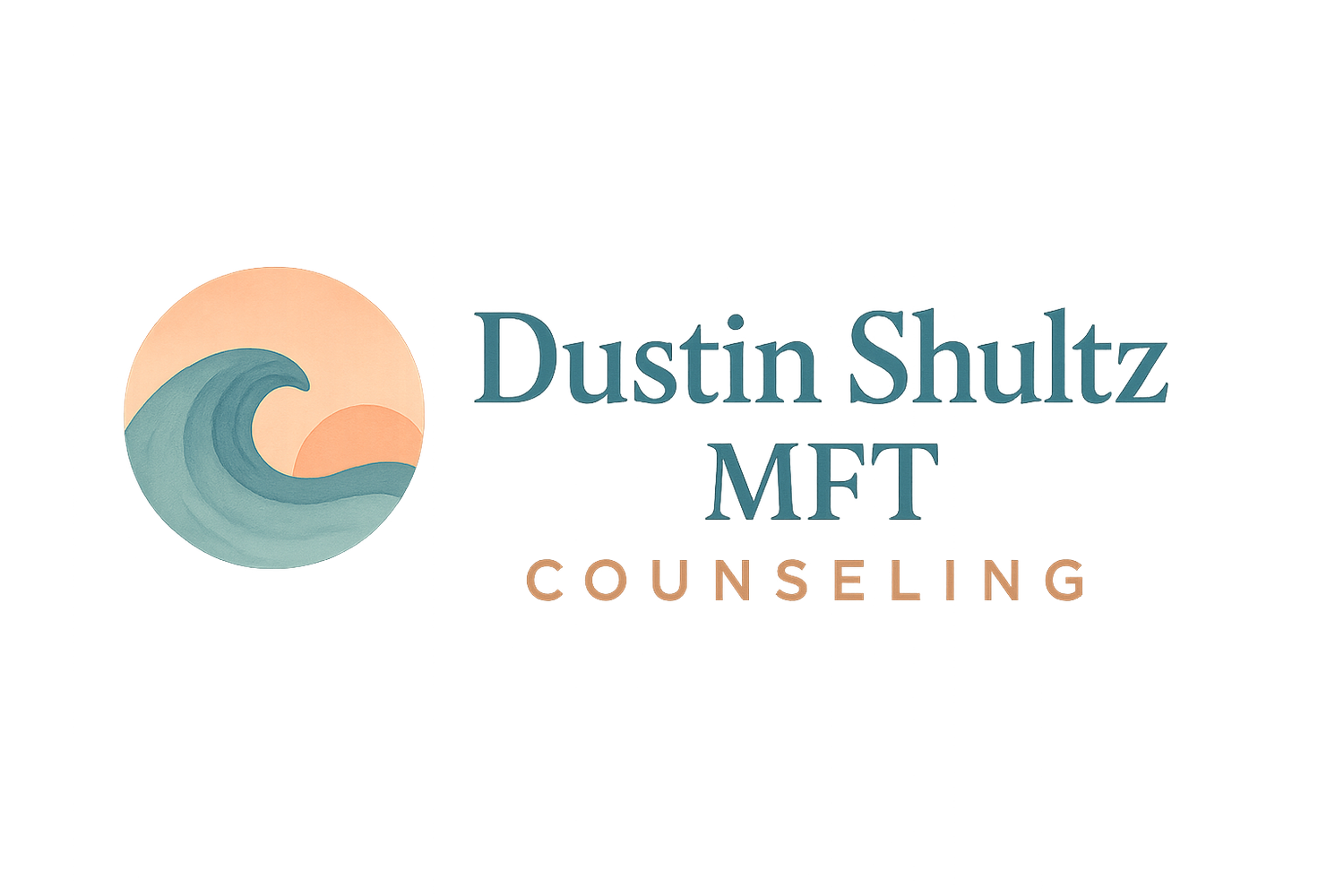The Difference Between Coping and Healing
/We all find ways to get through hard seasons in life. Some of those ways, like distracting ourselves, numbing, or overworking, help us cope in the moment. But over time, many people realize they are still carrying the same wounds, just hidden under layers of busyness or “strength.”
That’s the difference between coping and healing.
Coping is about survival. It’s the set of strategies we lean on to make pain bearable, like deep breathing during stress, talking with a friend after a fight, or even binging a show to get our minds off the hurt. Coping is important and often necessary. It stabilizes us in the moment.
But healing is about transformation. Healing goes deeper. It means turning toward the wound, working through the grief, trauma, or betrayal, and integrating those experiences so they no longer control our lives. Healing often requires time, reflection, safe relationships, and sometimes therapy.
Why the Difference Matters
If we only cope, we may feel stuck in cycles of stress or hurt.
Healing allows freedom. Instead of reacting to pain, we grow from it.
Healing equips us with resilience and an ability to move through challenges without being defined by them.
Moving From Coping to Healing
Notice your patterns. Ask yourself: Am I soothing myself in ways that only give temporary relief, or am I working through the deeper pain?
Create safe space. Healing often happens when we allow vulnerability in trusted relationships or therapy.
Practice self-compassion. Healing requires gentleness. You cannot shame yourself into growth.
Seek professional support. Trauma, betrayal, or long-term struggles may need the guidance of a therapist trained in deeper methods like EMDR or couples therapy.
Coping is not failure. It is part of being human. But don’t stop there. Healing is possible. The ocean teaches us: waves come and go, but beneath the surface, there is depth and steadiness waiting to be rediscovered.

